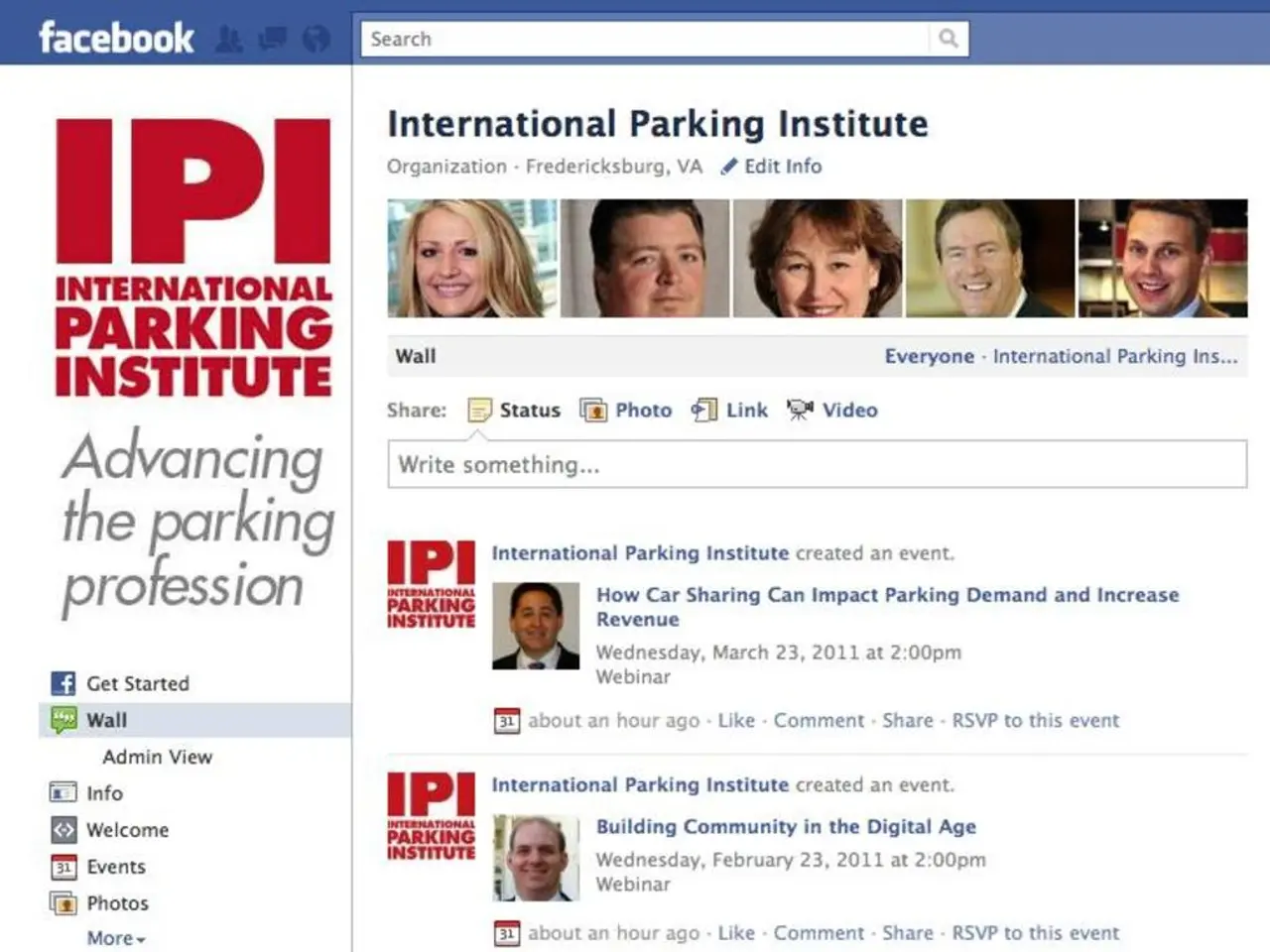Uncovering the Driving Forces Behind Your Actions: Boost Your Performance and Reach New Heights
In the realm of personal development and productivity, understanding motivational factors is crucial. These factors, which drive action, goal pursuit, and effort maintenance, can make all the difference in achieving success in various contexts, including work, hobbies, and learning new languages.
Motivational factors can be broadly classified into internal (intrinsic) and external (extrinsic) categories.
Internal (Intrinsic) Motivational Factors
Internal motivators, such as meaning and purpose, autonomy and empowerment, interest and enjoyment, competence and mastery, self-confidence and independence, are the driving forces behind sustained effort and satisfaction.
- Meaning and Purpose: A sense of significance or contributing to a greater cause motivates individuals, enhancing wellbeing and commitment.
- Autonomy and Empowerment: Having control over one’s decisions and actions fosters motivation, as people feel responsible and engaged.
- Interest and Enjoyment: Engaging in enjoyable activities or those aligned with personal interests leads to deeper engagement and persistence.
- Competence and Mastery: The desire to improve skills, gain competence, and experience growth internally drives people to achieve success.
- Self-confidence and Independence: Internal beliefs in one’s strengths and abilities stimulate motivation and goal pursuit.
External (Extrinsic) Motivational Factors
External motivators, like recognition and appreciation, opportunities for growth and advancement, social support and environment, rewards and incentives, and task demands and expectations, can initiate action or achieve immediate objectives.
- Recognition and Appreciation: Acknowledgement from others for effort or accomplishments encourages continued success.
- Opportunities for Growth and Advancement: External pathways to advance in career or skills provide motivation to persist and excel.
- Social Support and Environment: Positive, supportive social relations and respectful environments enhance motivation by providing encouragement, reducing stress, and fostering commitment.
- Rewards and Incentives: External rewards such as income, grades, trophies, or approval can initiate motivation, especially for short-term goals.
- Task Demands and Expectations: External pressures like job requirements or deadlines can drive motivation, though they may sometimes generate stress.
Studies consistently emphasize that intrinsic motivation—internal satisfaction, meaning, and interest—is a stronger and more sustainable predictor of long-term success compared to extrinsic rewards. However, external motivators remain useful for initiating action or achieving immediate objectives.
In the context of learning a new language, motivation plays a pivotal role in creating a positive learning environment. SMART goals can be effective for goal setting, while grit, or our ongoing dedication and effort towards achieving the goals we set for ourselves, is another internal motivational factor.
In summary, common motivating factors span both personal/internal drives (purpose, autonomy, mastery) and external conditions (recognition, support, rewards). The balance and effectiveness of these factors vary depending on individual differences and specific contexts. By understanding and leveraging our personal motivational factors, we can increase our odds of success and maintain a positive outlook in our personal and professional lives.
Education and self-development can be significantly boosted by internal (intrinsic) motivational factors such as personally finding meaning and purpose in learning, striving for autonomy and empowerment, engaging in subjects that spark interest and enjoyment, pursuing competence and mastery, and building self-confidence and independence.
On the other hand, personal growth may also be achieved through external (extrinsic) motivators like receiving appreciation and recognition for achievements, availing opportunities for growth and advancement, fostering positive social relationships, and attaining rewards and incentives.




